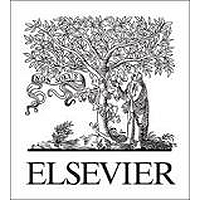Melanomas are disease entities driven in part by the mitogen activated protein kinase (MAPK) pathway. The TCGA network recently defined four genetic subtypes based on the most prevalent significantly mutated genes, including mutant BRAF, mutant RAS (N/H/K), mutant NF1, and Triple wild-type melanoma (harboring none of the aforementioned mutations, but instead includes KIT, GNA and GNAQ mutations).The successful development of kinase inhibitors marked a milestone in the treatment of metastatic melanoma. Combination treatment with a BRAF- and MEK-inhibitor is the current standard of care for inoperable stage IIIC/IV BRAF-mutated melanoma. Recent data demonstrate excellent long-term outcome, especially in patients with normal baseline LDH levels, and confirm that there is a subset of BRAF inhibitor-naive patients who experience durable responses without progression on combination treatment. In the future, adding a third compound based on individual genetic alterations might further improve the outcome of targeted therapy. (C) 2016 Elsevier Ltd, BASO similar to The Association for Cancer Surgery, and the European Society of Surgical Oncology. All rights reserved.

Developments in targeted therapy in melanoma
Review badges
0 pre-pub reviews
0 post-pub reviews
